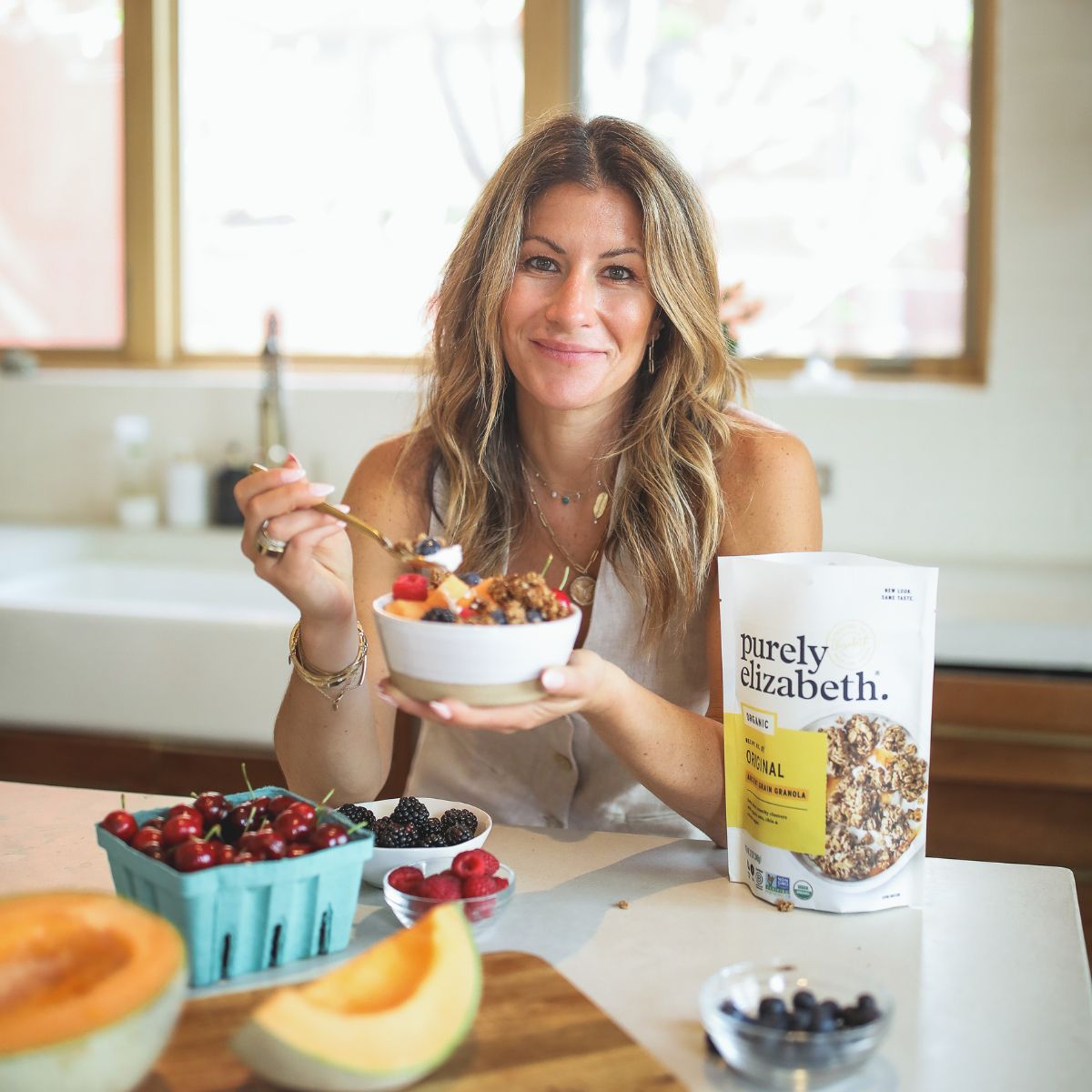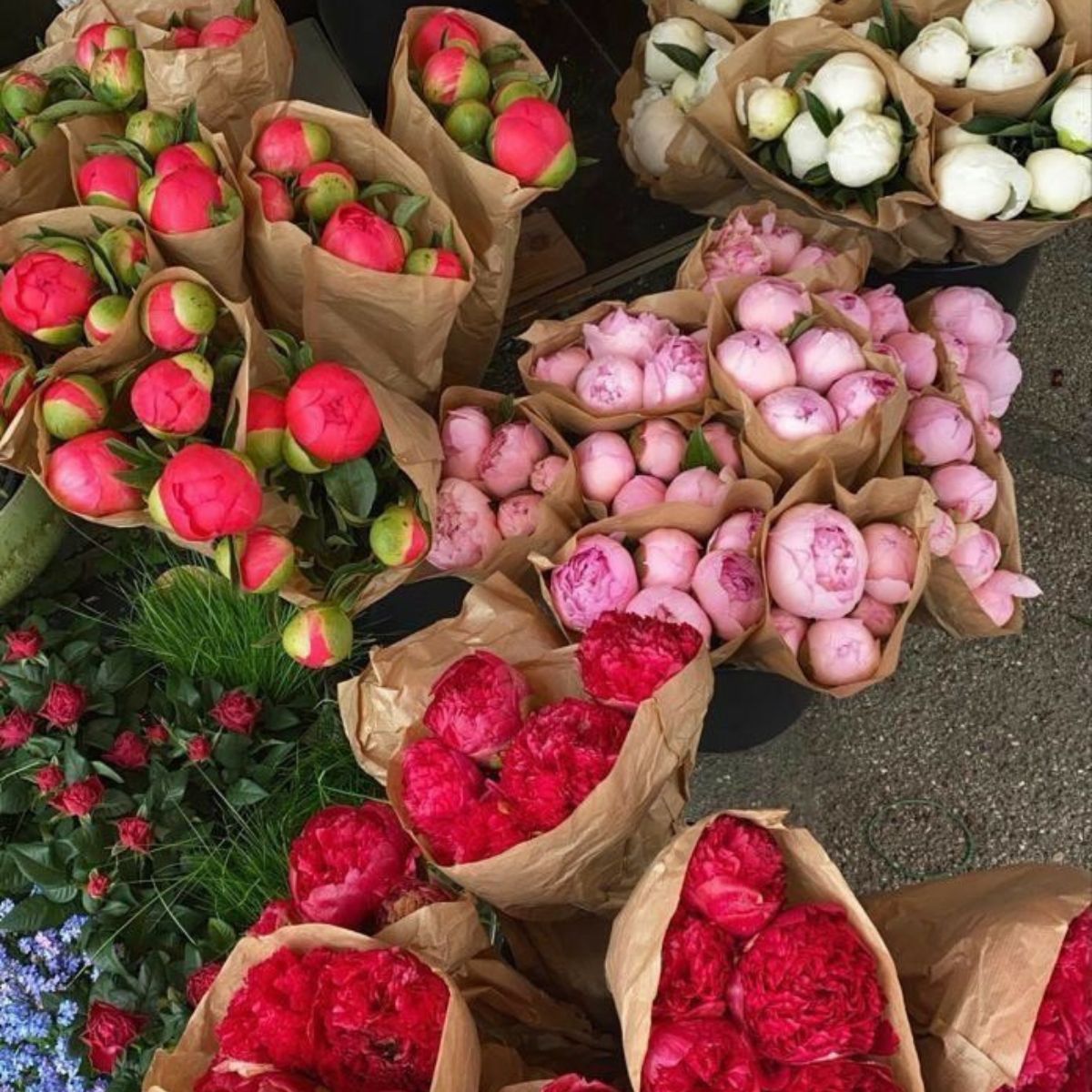Elizabeth welcomes Steven Salm, Founder and CEO of PLANTA Group, to discuss his journey from traditional hospitality to pioneering the plant-based dining scene. Steven shares his awakening to a plant-based lifestyle after watching “Cowspiracy'' and how it inspired him to champion change through food. He talks about growing PLANTA to 20 locations across North America with a mission to normalize plant-based living. Steven also discusses the challenges of running restaurants, cultivating an engaged workforce, and how the plant-based industry has evolved in recent years to become more accessible and delicious.
Podcast
Normalizing the Plant-Based Restaurant and Championing Delicious Change in The Plant-Based Movement
with Steven Salm

You may also like
Mix & Match










